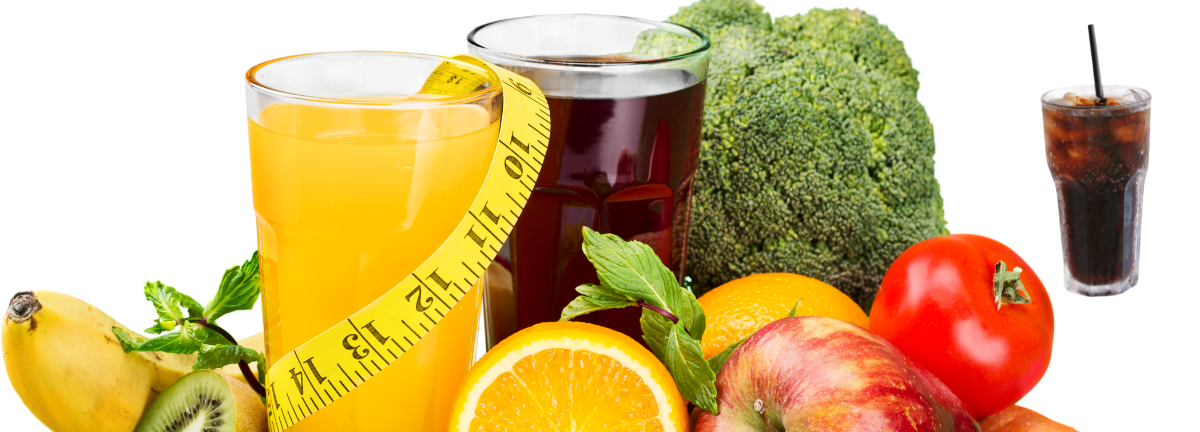Diet Coke is a popular sugar-free soft drink, beloved by many for its crisp, refreshing taste. But have you ever wondered what’s actually in your can of Diet Coke? In this blog post, we will break down the Diet Coke ingredients, exploring their purpose and how they contribute to the drink’s overall flavor and experience. We’ll also touch on the ingredients in Coke Zero, which is often compared to Diet Coke. Let’s dive into this detailed guide and understand what’s inside.
What Are Diet Coke Ingredients?
Diet Coke is a carbonated drink that offers a sugar-free alternative to the classic Coca-Cola. Instead of sugar, it uses artificial sweeteners to keep calories at zero while maintaining the fizzy, refreshing taste. Below is a list of the main ingredients found in a standard can of Diet Coke:
1. Carbonated Water
The base of Diet Coke, as with most sodas, is carbonated water. This is simply water that has been infused with carbon dioxide gas under pressure, creating bubbles that give the drink its signature fizz.
2. Caramel Color (E150d)
Caramel coloring is used to give Diet Coke its characteristic dark hue. This particular caramel, E150d, is created by heating sugar in the presence of acids or salts, and it’s commonly used in sodas to achieve that familiar cola appearance.
3. Aspartame (Artificial Sweetener)
Aspartame is one of the primary sweeteners used in Diet Coke. It is about 200 times sweeter than sugar, meaning only a small amount is required to achieve the desired sweetness. This artificial sweetener allows Diet Coke to be calorie-free without compromising its sweet taste.
4. Phosphoric Acid
Phosphoric acid gives Diet Coke its tangy flavor and also helps preserve its freshness. It is a common ingredient in many soft drinks, contributing to the overall taste by balancing the sweetness with a slight acidic bite.
5. Potassium Benzoate (Preservative)
Potassium benzoate is used to prevent spoilage and prolong the shelf life of Diet Coke. It acts as a preservative, ensuring that the drink remains safe to consume for extended periods.
6. Natural Flavors
The exact composition of the natural flavors in Diet Coke is a closely guarded secret, as with many soft drinks. However, these natural flavors are likely a blend of various ingredients that enhance the overall taste, ensuring Diet Coke has its unique flavor profile.
7. Citric Acid
Citric acid is another ingredient that adds a slight tartness to Diet Coke. It enhances the flavors and gives the drink a slightly more refreshing taste.
8. Caffeine
Diet Coke contains caffeine, which is a well-known stimulant. Many people enjoy Diet Coke not only for its taste but also for the mild energy boost that comes from the caffeine content. In fact, a 12-ounce can of Diet Coke contains around 46 mg of caffeine.
How Does Diet Coke Compare to Coke Zero?
While Diet Coke and Coke Zero may seem similar, they do have some differences, particularly in their ingredients and taste. Both are sugar-free options, but the sweeteners and the exact formulation differ.
Ingredients in Coke Zero
Coke Zero, also known as Coca-Cola Zero Sugar, contains similar ingredients to Diet Coke but uses a different sweetener blend. The primary sweeteners in Coke Zero are Aspartame and Acesulfame Potassium. This combination results in a taste that more closely resembles classic Coca-Cola, while Diet Coke has a distinct flavor of its own.
Like Diet Coke, Coke Zero also contains carbonated water, caramel color, phosphoric acid, caffeine, potassium benzoate, and natural flavors. However, the ingredients in Coke Zero are formulated to give it a slightly different texture and aftertaste, appealing to those who want the flavor of Coca-Cola without the sugar.
Why Are These Ingredients Important?
Every ingredient in Diet Coke plays a specific role, whether it’s in enhancing the flavor, preserving the drink, or creating that signature fizz. Here’s a closer look at why these ingredients matter:
- Artificial Sweeteners: These are the cornerstone of any diet soda. Aspartame, used in both Diet Coke and Coke Zero, allows the drink to be sweet without the calories of sugar.
- Acidity Regulators: Ingredients like phosphoric acid and citric acid not only contribute to the taste but also balance the pH of the drink, helping maintain its freshness.
- Preservatives: Potassium benzoate ensures that your can of Diet Coke stays fresh and safe to drink even after sitting on the shelf for an extended time.
- Natural Flavors: Though the specific composition remains a mystery, these natural flavors are critical for ensuring Diet Coke’s unique taste, setting it apart from other diet sodas.
Is Diet Coke Safe to Drink?
Yes, Diet Coke ingredients are all FDA-approved for consumption. However, some people may be concerned about artificial sweeteners like Aspartame. While studies have shown that Aspartame is safe for the vast majority of people when consumed in moderation, it’s always a good idea to consult a healthcare provider if you have any concerns about your diet.
Conclusion
Diet Coke ingredients are carefully selected to provide a sugar-free, calorie-free beverage that many people enjoy. From carbonated water to artificial sweeteners like aspartame, each ingredient serves a specific purpose in creating that familiar taste millions love. The comparison between Diet Coke and Coke Zero shows that while they may share some ingredients, they differ in sweeteners and taste profile.
Understanding the ingredients in Diet Coke can help you make informed choices about what you’re drinking. Whether you prefer the unique flavor of Diet Coke or the closer-to-original taste of Coke Zero, both options offer a refreshing alternative to sugar-laden beverages.
Also Read: Kidney Stone Diet













